CBS startup beats physical inactivity: “Coronavirus made our business explode, along with the need to exercise”
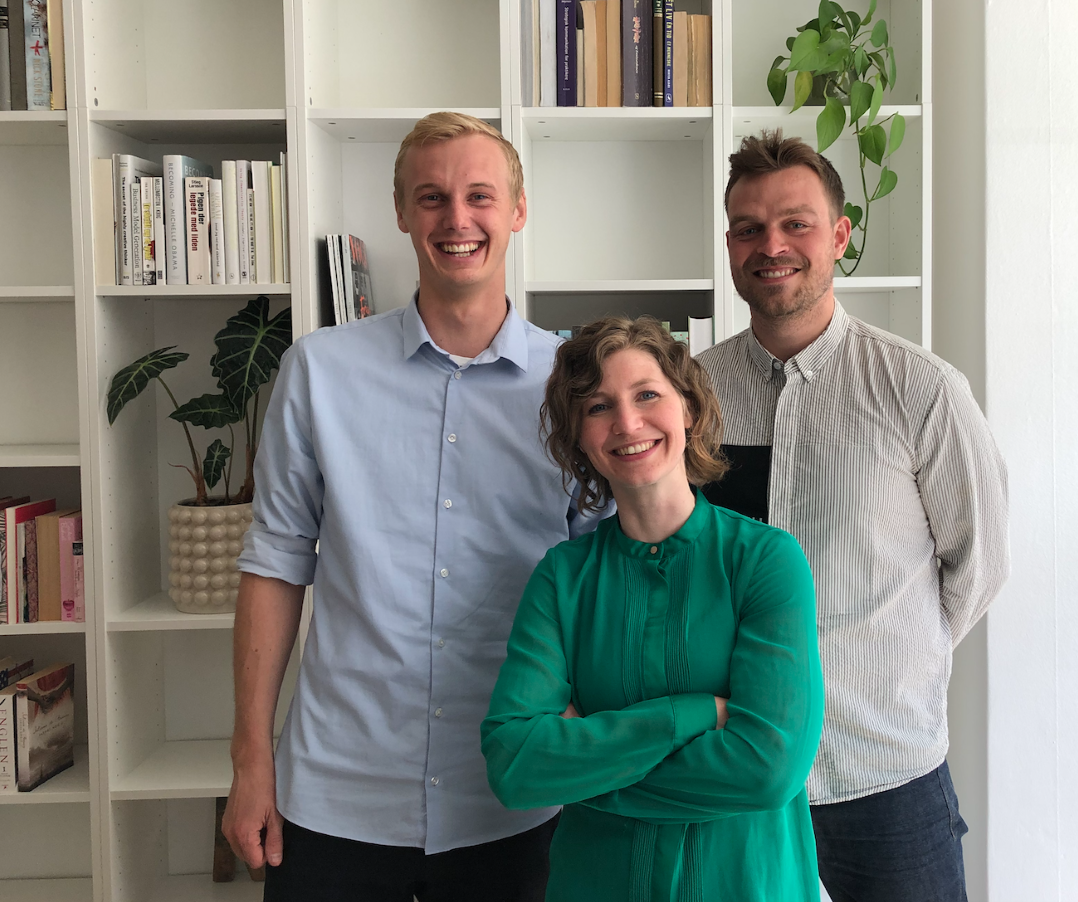
Micki Kold Nagel, a CBS graduate, has together with Matias Welsien Thomasen and Pernille Feld Snitkjær from the University of Copenhagen founded the business Pleaz that offers active breaks for companies. (Photo: Pleaz)
Physical inactivity is a global health problem, according to the WHO. Three graduates from CBS and the University of Copenhagen set out to solve the issue and get employees moving through active breaks called ‘Pleazers’. The startup has already attracted multinational businesses including L’Oréal and Nestlé to its digital platform, which received a serious head start when the coronavirus outbreak hit.
The coronavirus pandemic did more than force us to work from home. For many, it also took away our daily physical routines. The bike ride to and from work, the short walks up and down the stairs at work, the early workouts at the gym, the badminton and football practice after dinner.
In fact, a survey conducted and published by the University of Southern Denmark showed that the Danes’ activity level had shrunk by 20.6 percent during the lockdown.
For the startup Pleaz, which through a digital platform offers companies and their employees a selection of active breaks called ‘pleazers’ to do at work, the lockdown and orders to stay home seemed quite a challenge for their business and mission to make people less inactive at work.
“It felt like everything we had worked for over the past six months had been set back to zero,” explains Micki Kold Nagel, a CBS graduate who, together with Matias Welsien Thomasen and Pernille Feld Snitkjær from the University of Copenhagen, founded Pleaz in 2019.
Eventually, the companies began finding their feet in the new coronavirus reality, and Pleaz asked them what they needed. The answer was: active breaks that could be carried out from living rooms or virtual meeting rooms. And no sooner said than done, Pleaz transformed its digital platform to also feature ‘pleazers’ for those working from home.
“After that, activity on our website tripled. The need to find alternative ways to be physically active exploded. People could do nothing at home and were only managing 1,000 steps a day. There was a huge need for Pleaz and active breaks. We onboarded new customers quicker than anticipated,” he says.
A ‘pleazer’ can be anything from a stretching exercise to a few minutes of guided meditation or teamwork exercises lasting between 2 to 10 minutes. As Micki Kold Nagel explains, the exercises can easily be integrated into a workday – whether at home or back at work.
Right now, multinational businesses such as Nestlé and L’Oréal, and Danish companies including Bankdata and PDC have signed up to join the startup’s platform, which will soon be setting off to compete at several international startup competitions, explains Micki Kold Nagel.
“We had actually just finished recording some application videos for a startup competition when you called.”
A mantra that stuck
According to the WHO, globally, 23 percent of adults and 81 percent of adolescents aged between 11 and 17 do not meet the WHO global health recommendations on physical activity, and approximately 3.2 million deaths every year are attributable to insufficient physical activity. This makes inactivity a global public health problem, the international organization underlines.
And it was actually the urge to get especially youngsters moving throughout the day that sparked the entrepreneurial spirit in Micki Kold Nagel.
Before joining CBS to study for a BSc in Business Administration and Psychology, he worked at a school as a substitute teacher with a background as a sergeant in the military. During this time, he saw teachers struggling to incorporate physical activity throughout the day, as required by the Danish Parliament.
“I’m passionate about helping people to live healthier lives. So when I saw teachers scratching their heads about planning physical activities for kids, I just had to do something,” he says.
And this was how the startup ‘Let Leg’ (Easy Play in Danish) started. Micki Kold Nagel collected and categorized all sorts of activities and compiled a user-friendly system for teachers to access. In five years, Micki Kold Nagel managed to help 120 schools to get physical activity incorporated in their daily routines.
“A teacher told me, ‘Micki, this is super great, but if you don’t have activities that require one minute of preparation or less, I’m not going to use it’. That sort of became my mantra. It stuck with me that if I want people to take up new activities and routines, they have to be simplicity itself,” he says.
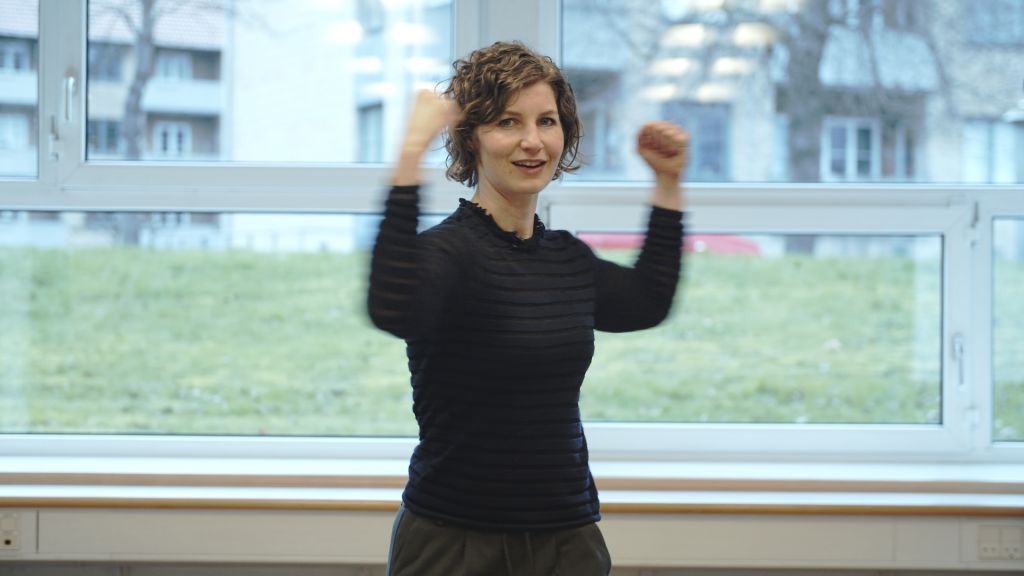
Pernille Feld Snitkjær has a degree in physical health from the University of Copenhagen. (Photo: Pleaz)
In his business ‘Let Leg’, he connected with Matias Welsien Thomasen and Pernille Feld Snitkjær, and at one point in 2019, they started to wonder whether they could expand the concept beyond only schools.
“Many people live physically inactive lives, so we asked ourselves: Where can we help? The penny dropped at companies, and we started reaching out to potential customers and asking whether they would be interested. In that process, we connected with Nestlé’s Nordic branch, and it was interested in the concept. The business gathered momentum from there, and Pleaz is now already implemented on all Nordic Nestlé locations,” says Micki Kold Nagel.
“This is what gets me out of bed in the morning”
Pleaz is less than a year old and, to Micki Kold Nagel, it is amazing to be part of something that combines helping people to live healthier lives with running a sustainable business.
“We have a product that people like, and that’s what all entrepreneurs dream about. The response we get from companies is great, and that’s why we are entrepreneurs and accept low pay, because what we are doing is meaningful,” he says and continues:
“Today, I got some pictures from the company Bankdata, a company with a lot of programmers and engineers. The pictures showed them doing pleazers together virtually and how it really worked for them. That makes me incredible happy and it’s what gets me out of bed in the morning.”
Pleaz continually feeds its digital platform with new ‘pleazers’, while trying to attract new companies and organizations onboard. However, Micki Kold Nagel is looking forward to normality returning, although the coronavirus crisis turned out to be quite the boost for the young startup.
“I’m looking forward to things being back to normal. We really want to use the social mechanisms of being physical together in our pleazers, as it’s motivating to be physically active together,” he says and continues:
“However, if coronavirus hadn’t happened, I think it would have taken us longer to transform our digital platform to also support active breaks in home offices. So in a way, coronavirus had a bright side.”




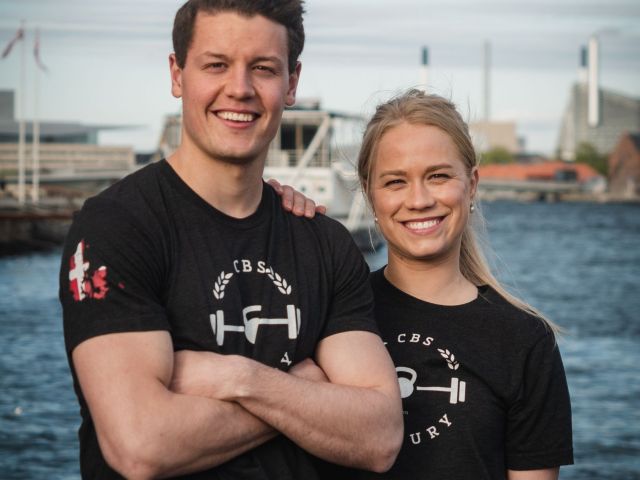
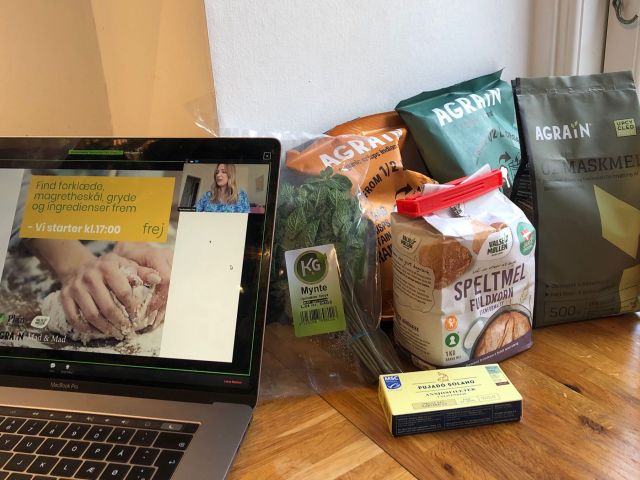
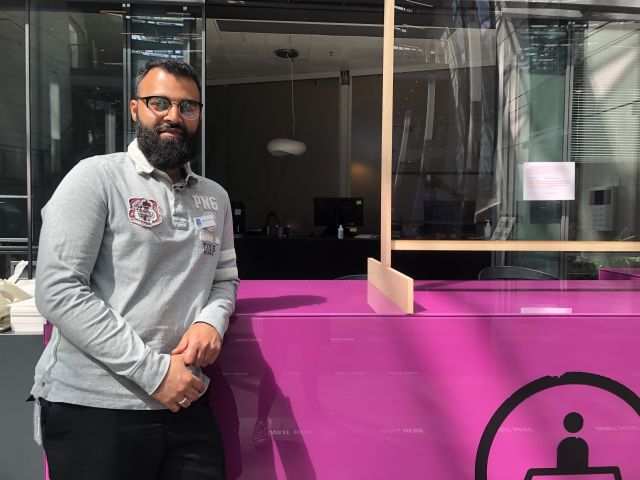
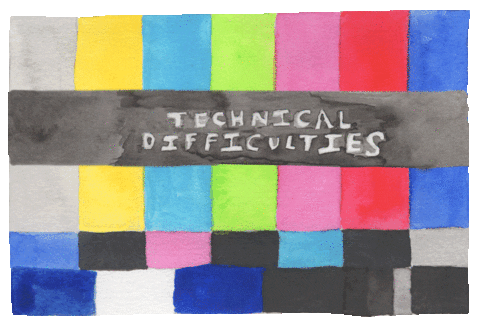




























































































































Comments